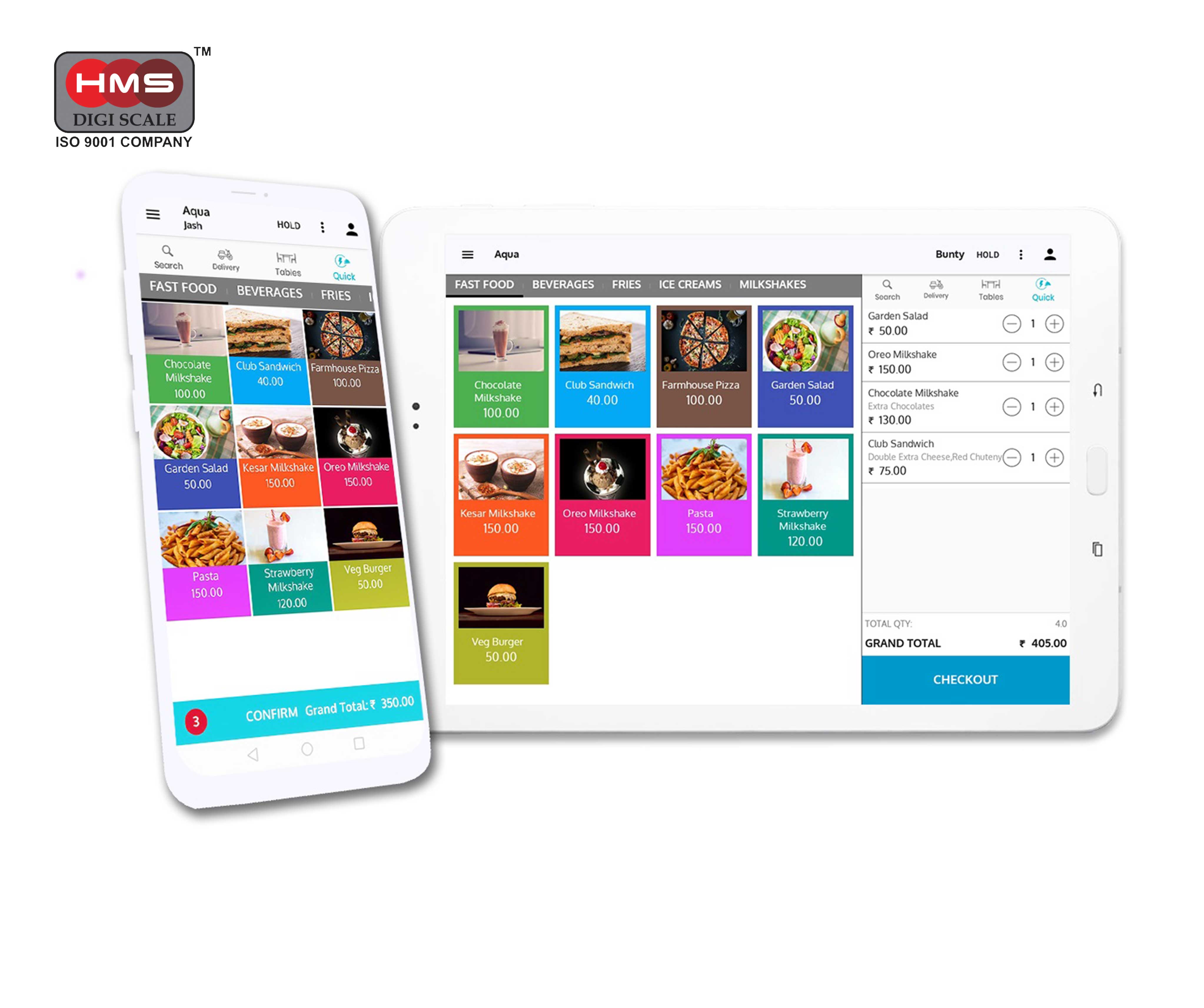Get a quote
Retail Point of Sale (POS) software is a computer-based system designed to streamline and manage various aspects of retail operations, including sales, inventory management, customer data, and more. It is an essential tool for retailers of all sizes, from small boutiques to large chain stores. Retail POS software typically offers a range of features and capabilities to help retailers efficiently run their businesses. Here are some key features and considerations related to retail POS software:
Sales Processing: Retail POS software allows for the processing of sales transactions, including the scanning or manual entry of products, calculation of prices, and generation of receipts or invoices. It should support various payment methods, such as cash, credit cards, debit cards, mobile wallets, and gift cards.
Inventory Management: One of the core functions of retail POS software is inventory management. It helps retailers track product quantities, monitor stock levels, receive alerts for low stock, and manage reorders efficiently.
Product Database: The software should have a robust product database that allows retailers to store and organize information about each product, including descriptions, prices, barcodes, and variations (e.g., sizes, colors).
Barcode Scanning: Retail POS systems often support barcode scanning, making it easy to add products to sales transactions and update inventory levels accurately.
Customer Management: Retailers can use POS software to build and maintain customer profiles, track purchase history, and offer loyalty programs or discounts to loyal customers.
Reporting and Analytics: Retail POS systems provide insights through various reports and analytics. Retailers can analyze sales trends, track performance, and make data-driven decisions.
Employee Management: Some POS software includes features for employee management, such as time tracking, permissions, and commission tracking for sales representatives.
Multi-Store Support: For retailers with multiple locations, the software should offer multi-store support, enabling centralized control of inventory, sales, and reporting across all locations.
Integration: The ability to integrate with other software systems, such as accounting software, e-commerce platforms, and payment gateways, is crucial for efficient business operations.
Security: Retail POS software must prioritize security to protect customer data and payment information. Look for features like end-to-end encryption and compliance with Payment Card Industry Data Security Standard (PCI DSS) requirements.
User-Friendly Interface: An intuitive and user-friendly interface is essential for cashier efficiency and ease of use.
Mobile POS: Many modern retail POS systems offer mobile POS capabilities, allowing retailers to process sales and assist customers anywhere in the store using tablets or smartphones.
Customer Support: Reliable customer support and regular software updates are crucial to address issues and stay up-to-date with evolving retail needs.
Customization: The software should be customizable to meet the specific needs and branding of the retail business.
Price and Licensing: Consider the pricing model of the POS software, whether it's a one-time purchase, subscription-based, or transaction-based. Factor in any additional costs for hardware, maintenance, and support.
When choosing a retail POS software solution, consider your business's specific requirements, budget, scalability needs and contact HMS Enterprises Team.
Features
► Online orders Integration with Swiggy and Zomato
► Captain App Integration
► Unlimited waiter App
► Weighing Scale Integration
► Centralized Back office Admin Dashboard
► SWIGGY - ZOMATO
HMS Product Videos
Please watch HMS Product demonstration videos availale at our youtube channel.

